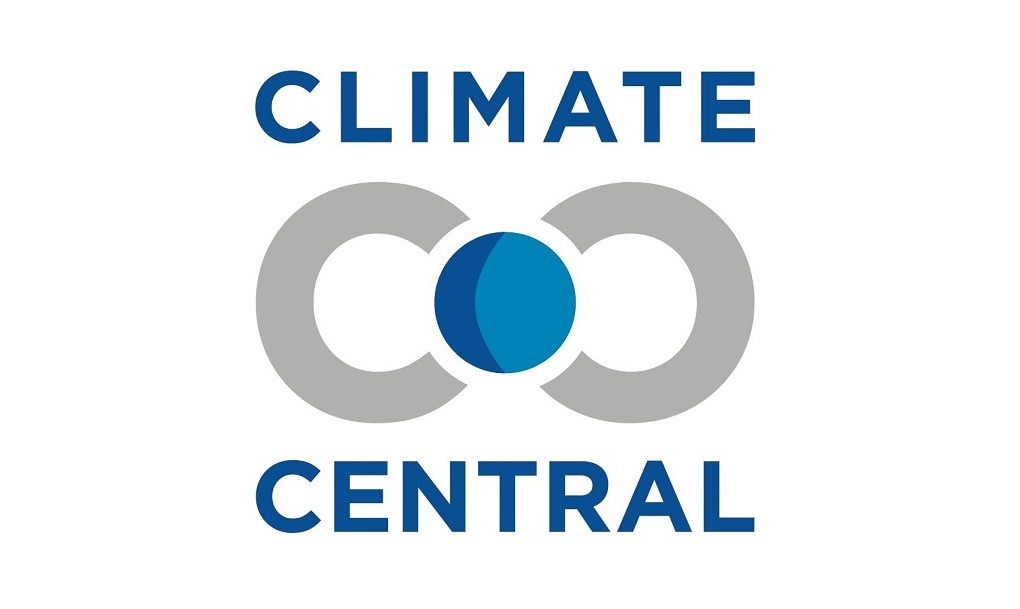By Douglas Fischer, Daily Climate editor
The ad was ominous: A stern portrait of Iran President Mahmoud Ahmadinejad, with a missile launching skyward behind his right shoulder. Below were the logos of the entire continuum of Jewish organizations in the United States, 17 in all, including all four major denominations.
The message was clear - national security and Israel's safety are at risk.
The threat? U.S. energy policy.
The full page advertisement in Friday's New York Times was simply the latest example of diverse groups rallying together for and against climate policy. Organizations from across the American political spectrum, from hunters to retirees to evangelical Hispanic clergy are finding common ground on an issue that has left the Capitol - and many state legislatures - polarized and paralyzed.
Last week, Politico.com published a joint call by the heads of the Christian Coalition and the National Wildlife Foundation to break energy gridlock in Congress, saying the two groups share “common interest” in building a bipartisan energy plan.
This past summer, 30 national “hook and bullet” groups - representing hunters and anglers of all political stripes - sent a letter to House members urging action to reduce greenhouse gas emissions.
The Congress of Racial Equality - one of the oldest civil rights groups - has partnered with evangelical Christian groups and seniors organizations to decry the harmful economic impacts of pending cap-and-trade legislation.
“For some reason we've had a struggle getting the environmental message out of the environmental frame,” said Larry Schweiger, president of the National Wildlife Foundation. “That's what we're trying to do here - get people to think in a different frame.”
Those building these coalitions say that climate and energy policy is an easy sell once they connect the dots from climate change or energy reform to self-interest for different constituents. The effort requires some tight-rope walking, they acknowledge, and risks resulting in a watered-down appeal to the least-common denominator.
But sometimes the results are surprisingly assertive and cohesive.
Advertisement courtesy dontfundterror.org
The New York Times ad, for instance, links America's fossil fuel addiction to Iran's development of nuclear weapons. Domestic dependence on foreign oil drives up prices worldwide, it notes, enriching the treasuries of foreign regimes that hold “anti-American and anti-Israel sentiments.” It is mute on pending climate legislation. But it calls for a comprehensive energy policy to avoid the destabilizing effects of fossil fuel use and climate change.
“There would be different positions (within the coalition) on any climate change bill,” said Rabbi Steve Gutow, president of the Jewish Council for Public Affairs, which spearheaded the ad. “There is no differing position on the idea that anything that comes forth needs to have energy policy consideration at the highest levels.”
NWF's collaboration with the Christian Coalition started with a meeting several years ago in former Vice President Al Gore's home, said Schweiger, the group's head.
Gore and Christian Coalition president Roberta Combs were concerned about the inability of the political right and left to come together to solve common problems. “We began to pursue this idea that as Christians there is a moral obligation to take care of the creation for the benefit of future generations,” Schweiger said.
Schweiger hasn't seen any push-back from members concerned about a partnership with the socially conservative religious group. On the contrary, he said, feedback has been positive:
“Many Americans are not tea-baggers or extremists,” he said. “They're simply people saying, 'Can't we work together?' “
For Niger Innis, spokesman for the Congress of Racial Equality and co-chairman of the Affordable Power Alliance, climate policy boils down to hard economics. Emissions limits will bring higher energy costs - essentially a regressive tax unfairly hitting senior citizens on fixed incomes and the poor,he said. A cap-and-trade program, he added, will undermine progress on “the last frontier of the civil rights movement:” Economic empowerment.
Building a coalition was easy, Innis said. He regularly works with evangelical groups on other issues; CORE's efforts on behalf of African American senior citizens makes collaboration with seniors groups a natural. The climate nexus wasn't immediately obvious to some, he said, but as he made links between climate policy and the nascent coalition's core issues it became a no-brainer.
“At first, yes, they said, 'I'm not an oil producer. I don't have any coal mines in my church.' But then I connect the dots between economic well-being and economic liberty ... and energy and energy costs,” Innis said. “Then they get it. It crystallizes, and it crystallizes like a ton of bricks on the head.”
Innis sees tremendous potential to sway the climate debate. Having evangelicals, Hispanics, senior citizens and the civil rights movement lined up against a cap-and-trade program sends a “powerful, formidable” coalition into the fray against environmental groups pushing for it, he said.
If the debate simply pitted environmental groups against energy companies, he said, environmental groups win “nine times out of 10.”
But stack the environmental lobby against the civil rights movement and seniors, Innis predicted, and the odds change. “If it is a David-and-Goliath (battle), the Goliaths in this case are the very well-funded environmental lobby, versus the rank-and-file working class Americans.”
DailyClimate.org is a nonprofit news service that covers climate change. This work by The Daily Climate is licensed under a Creative Commons Attribution-No Derivative Works 3.0 United States License.
